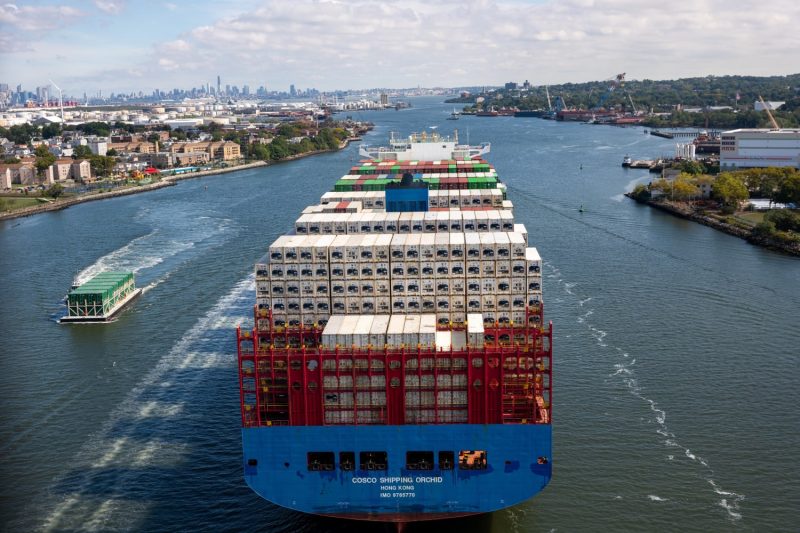The recent shutdown of East and Gulf Coast ports due to thousands of workers going on strike has sent shockwaves through the shipping and logistics industry. The impact of such a large-scale labor protest is significant and far-reaching, affecting not only the workers and their employers but also the economy as a whole.
One of the key issues that led to the strike is the demand for better working conditions and fair compensation. Workers in the ports have long been subject to grueling work hours, unsafe working conditions, and inadequate pay. The strike serves as a collective outcry against these injustices, with workers uniting to demand change and ensure their rights are respected.
The shutdown of the ports has resulted in major disruptions to the flow of goods and supplies, affecting industries that rely on timely deliveries and shipments. The halt in port operations has led to delays in the movement of essential goods, causing shortages and delays in production processes. As a result, businesses are feeling the strain of the strike, facing financial losses and operational challenges.
Moreover, the strike has broader implications for the economy, impacting international trade and supply chains. The closure of major ports on the East and Gulf Coasts disrupts the global movement of goods, affecting import and export activities. This disruption can have a domino effect on various sectors, leading to bottlenecks in supply chains and hindering economic growth.
Additionally, the strike highlights the power dynamics at play between workers and management in the shipping industry. It underscores the importance of fair labor practices, collective bargaining, and the protection of workers’ rights. The strike serves as a reminder of the need for collaborative efforts between labor unions, employers, and government bodies to address systemic issues and ensure a more equitable and sustainable working environment.
In response to the strike, efforts are being made to facilitate negotiations between the workers and management to reach a resolution. It is crucial for all parties involved to engage in constructive dialogue, listen to each other’s concerns, and work towards a compromise that addresses the needs of the workers while also considering the operational requirements of the ports and shipping companies.
As the strike continues to unfold, it serves as a poignant reminder of the importance of labor rights, fair working conditions, and the interdependence of various stakeholders in the global supply chain. The outcome of the strike will not only impact the immediate parties involved but also have broader implications for the industry and the economy at large. It is essential for all stakeholders to come together and find a sustainable solution that prioritizes the well-being of workers while supporting the smooth functioning of port operations and international trade.


























